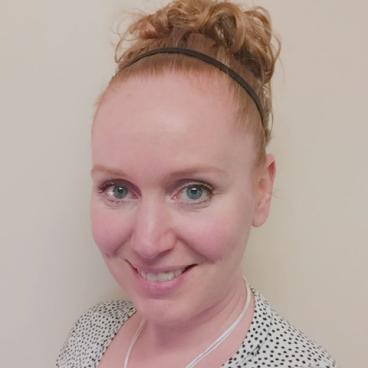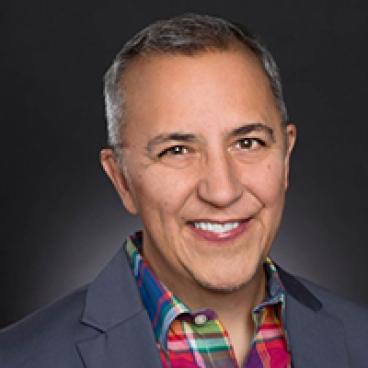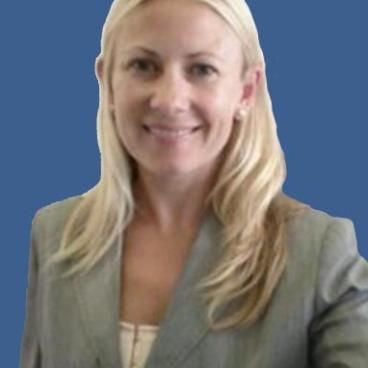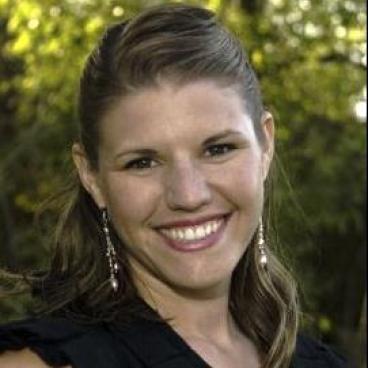We are shifting from a world dominated by bureaucratic-mechanistic principles into an electronic universe where new organizational logics are required. ~Gareth Morgan, Images of Organizations, p.364
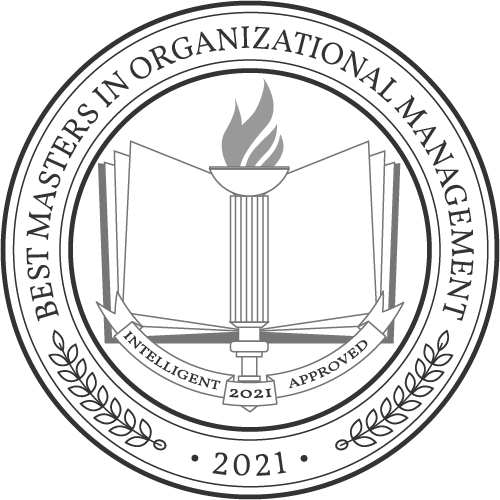
Ranked #2 “Best Hybrid Program” on the Top 50 Master’s in Organizational Management Degree Programs list from Intelligent.com.
This statement, written in Gareth Morgan’s 2006 book, is ever more relevant today as we experience unprecedented events in our world society and organizations. Perhaps, even Morgan’s call for new “organizational logics” in 2006 may even be limiting how we define and identify new ways of organizing and responding to change.
To respond to the challenges of moving from static linear bureaucracies to more adaptive and collaborative, organizations must be staffed with leaders and specialists who have skills that match these goals. Today's leaders need the ability to:
- Think systemically-taking into account the internal and external environment and dynamics affecting the organization
- Lead collaboratively, facilitating the engagement necessary to coordinate organizational learning and change
- Explore underlying factors, rather than settling for quick fixes
- Develop a knowledge of group dynamics: problem solving, decision making and collaboration
- Become a reflective practitioner utilizing inquiry and current research of learning.
- Act with awareness of the social and ethical dimensions of their work
The SSU M.A. Program is rooted in the awareness that today's increasingly turbulent business, technological, and socioeconomic environments create significant challenges. Organizational research identifies that organizations which are more collaborative, innovative, resourceful, and adaptive are both more responsive to their environment and more productive for those who are a part of the organization.
The interdisciplinary nature of organizations adds to the diversity of learning among students in the program, who come with varied backgrounds and from many fields and types of organizations: large/small, community/national, for-profit/non-profit, retail/social/governmental. In addition, the program creates an opportunity to learn across disciplines drawing on faculty from business, communication, social and public policy, and education.
In four semesters, students gain, conceptual knowledge and practical skills to successfully lead business and community improvement efforts. Under the guidance of experienced faculty practitioners, cohort groups of 10 to 15 students participate in seminar discussions, skill-building activities, and field projects. Classes meet some week-nights week and one weekend per month in a hybrid model with on-line and in-person meetings. The program is designed to accommodate working professionals preparing to become leaders and specialists in organizational change and process improvement.
This M.A. program has a long history of preparing professionals to assist organizations in growing, developing and creating their futures. Building on over 30 years of success, there is a recognition of the importance of continual organizational renewal. Attend a program information session to find out more about the focus and program transitions, which embrace the fluid dynamics of our world and communities.


